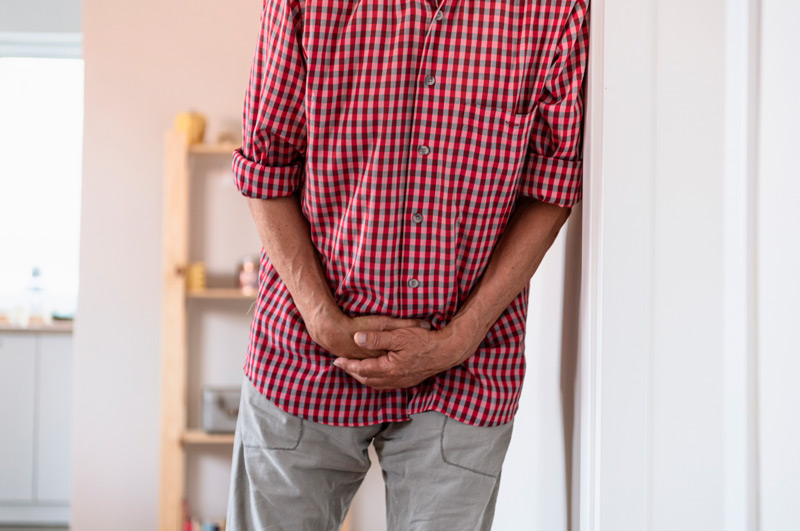Voiding dysfunction is used to describe any irregularity in the filling, emptying, or storage of urine. Proper bladder control requires intricate coordination between nerves and muscles, and any disruption in this process can lead to uncomfortable symptoms.
Symptoms
Major symptoms of voiding dysfunction include frequent urination (more than eight times per day), sudden intense urges to urinate, and a persistent urge to urinate even after using the bathroom due to incomplete bladder emptying. Patients may also experience bladder leaks, especially under pressure, and involuntary urination. Symptoms vary widely and can occur individually or in combination.


Causes
Voiding dysfunction can arise from factors unrelated to disease. Excessive intake of certain vitamins or food additives like caffeine, artificial sweeteners, or vitamin C can trigger symptoms. Medications such as muscle relaxers and sedatives may also reduce bladder control as a side effect. Other causes include constipation, hormonal changes due to aging or pregnancy, complications from pelvic surgery, and pelvic organ prolapse.
Certain diseases and medical conditions also cause voiding dysfunction. Urinary tract infections can irritate the bladder, leading to frequent or urgent urination. In older men, benign prostate enlargement can create symptoms. Tumors within the urinary tract, strokes, prostate cancer, brain tumors, or spinal injuries can also lead to voiding dysfunction. Since voiding dysfunction is a symptom rather than a disease, investigating and treating the underlying cause can help alleviate or reduce symptoms.
Treatment Options
Treatment may involve lifestyle changes, such as modifying diet and fluid intake, scheduling regular bathroom trips, and using the “double voiding” technique to ensure the bladder is fully emptied. This technique involves urinating twice in a row to help fully empty the bladder. Pelvic floor exercises can improve bladder control, and medications are available to manage symptoms.

When behavioral changes and exercises are insufficient, more invasive treatments might be necessary. Injections of bulking agents can help keep the urethra closed, and Botox injections can reduce urgency. Surgery may be recommended depending on the underlying cause of the dysfunction.
Choose UCI Health Center
If you are experiencing symptoms of voiding dysfunction, such as frequent urination, sudden urges, or bladder leaks, the UCI Pelvic Health Center is here to help. Our dedicated team of specialists offers comprehensive care to diagnose and treat voiding dysfunction, addressing both the symptoms and underlying causes.
At UCI Pelvic Health Center, we utilize advanced diagnostic tools and personalized treatment plans to restore your bladder control and improve your quality of life. Our experts provide a range of treatment options, from lifestyle modifications and pelvic floor exercises to advanced medical and surgical interventions.

